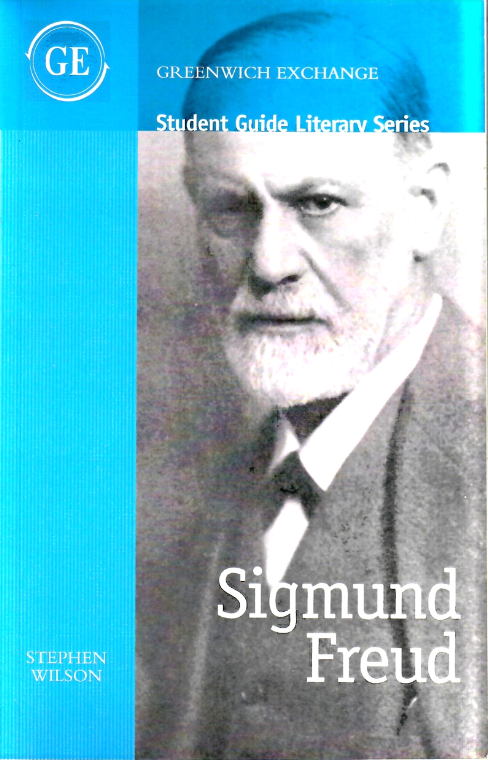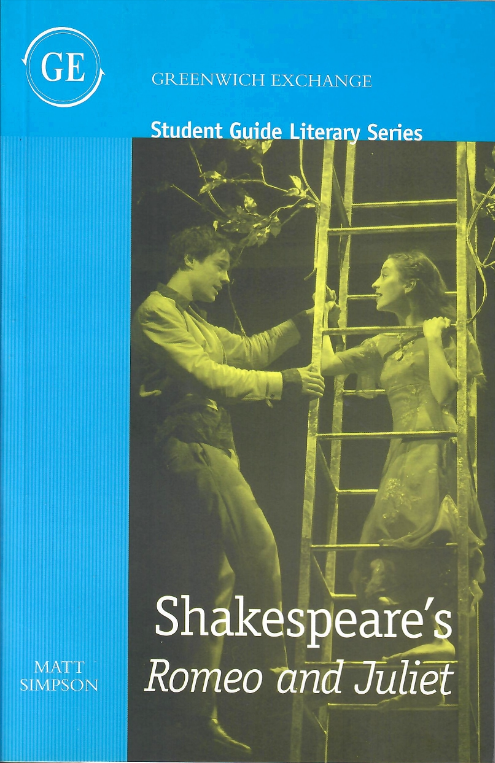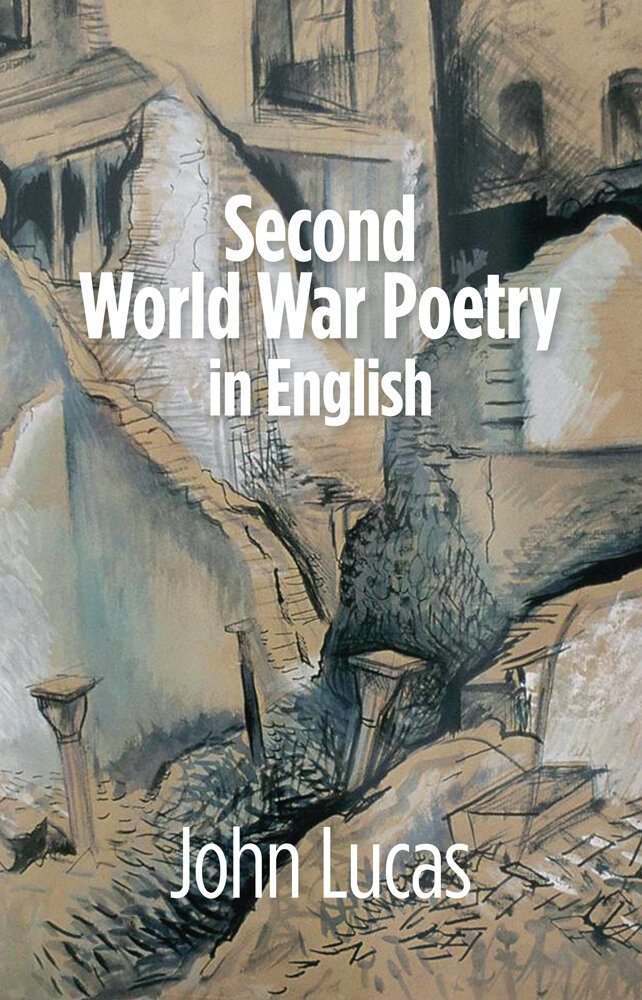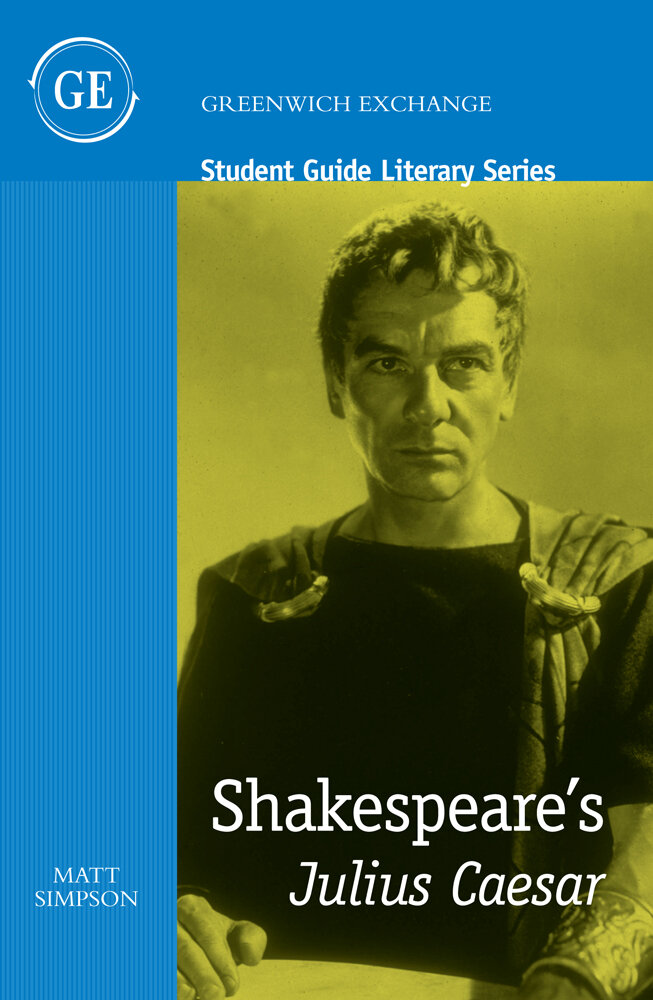 Image 1 of 1
Image 1 of 1


Sprung From Divine Insanity: The Harmonious Madness of Byron, Keats and Shelley
Byron, Keats and Shelley wrote some of the most expressive and incisive poetry we have known, but they were held in contempt by placemen and pundits. The poets saw the dominating social and political conditions of modern times making a ghost of the good life.
In Andrew Keanie’s exploration of the legacy of the later Romantics, we see the full challenge posed by Byron, Keats and Shelley to the rigid and life-denying orthodoxies underpinning an unjust world where words are bled to powerlessness and looked straight through by tyrants and their messengers as easily as non-existent ghosts.
The poets’ work was nothing less than an inspiring refusal to accept the prevailing wrongness of their world. Rather than being ‘mad, bad and dangerous to know’ themselves, the Romantics were pressurised into poetry by the madness, badness and dangerousness of the world in which they found themselves. It is a legacy, Andrew Keanie vividly demonstrates, which resonates down to the present day.
About the author:
Andrew Keanie is a lecturer at Ulster University. He has written books, articles, and reviews on several of the writers of the English Romantic era, and has book chapters on Thomas De Quincey and T.S. Eliot coming out this year. He is a poet and musician, and lives in Derry with his wife and near his grown up daughter.
336 pages
ISBN: 978-1-910996-14-0
Byron, Keats and Shelley wrote some of the most expressive and incisive poetry we have known, but they were held in contempt by placemen and pundits. The poets saw the dominating social and political conditions of modern times making a ghost of the good life.
In Andrew Keanie’s exploration of the legacy of the later Romantics, we see the full challenge posed by Byron, Keats and Shelley to the rigid and life-denying orthodoxies underpinning an unjust world where words are bled to powerlessness and looked straight through by tyrants and their messengers as easily as non-existent ghosts.
The poets’ work was nothing less than an inspiring refusal to accept the prevailing wrongness of their world. Rather than being ‘mad, bad and dangerous to know’ themselves, the Romantics were pressurised into poetry by the madness, badness and dangerousness of the world in which they found themselves. It is a legacy, Andrew Keanie vividly demonstrates, which resonates down to the present day.
About the author:
Andrew Keanie is a lecturer at Ulster University. He has written books, articles, and reviews on several of the writers of the English Romantic era, and has book chapters on Thomas De Quincey and T.S. Eliot coming out this year. He is a poet and musician, and lives in Derry with his wife and near his grown up daughter.
336 pages
ISBN: 978-1-910996-14-0






